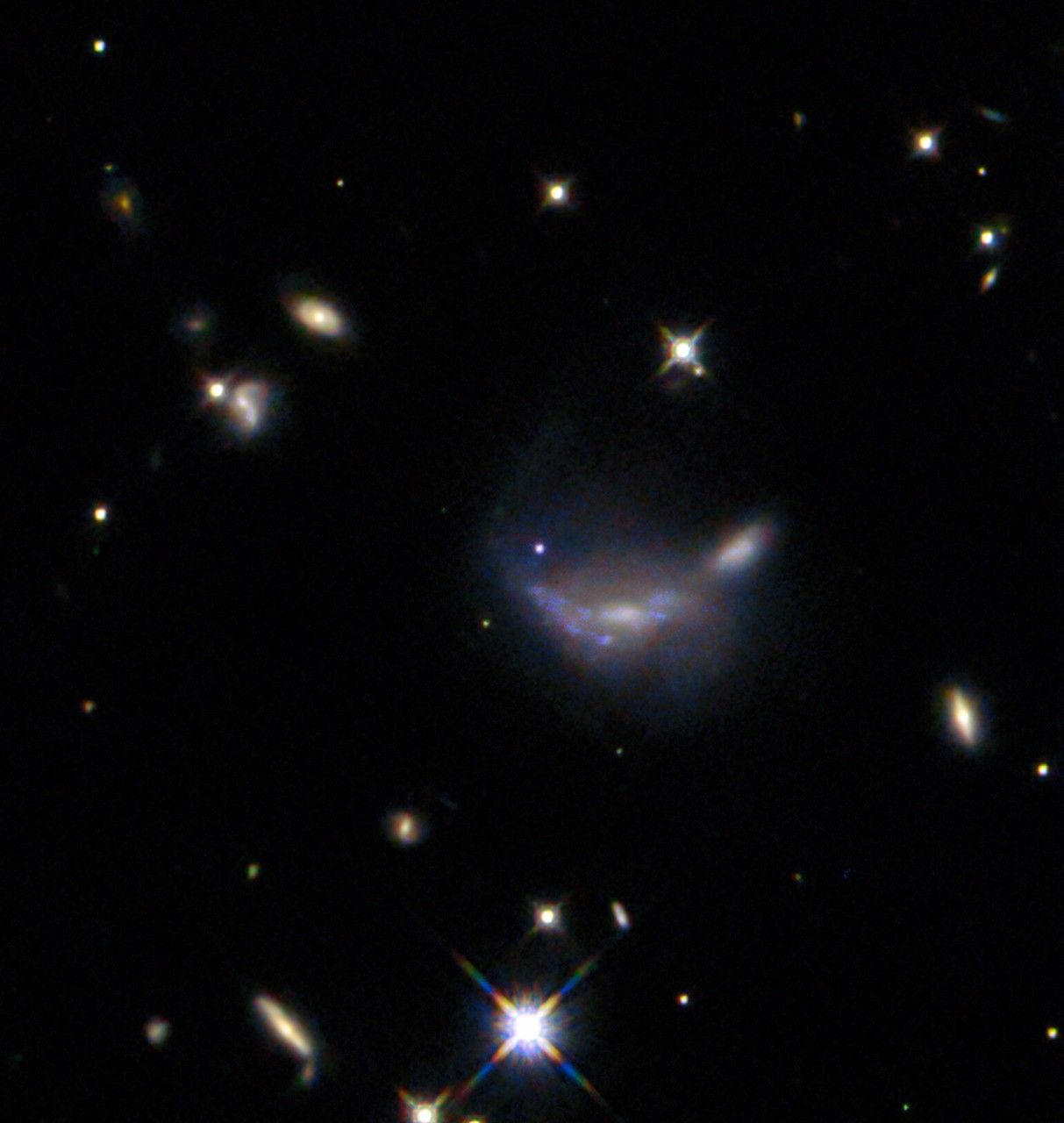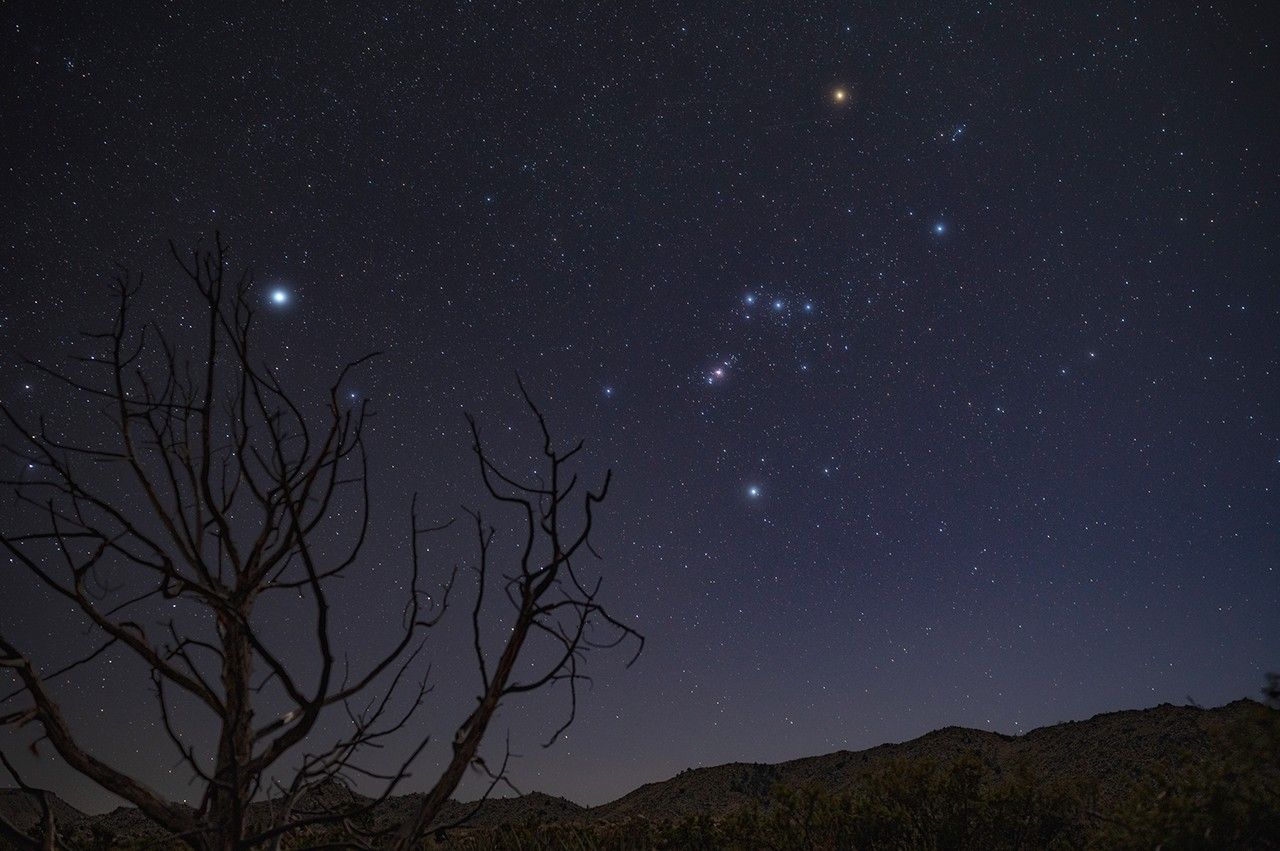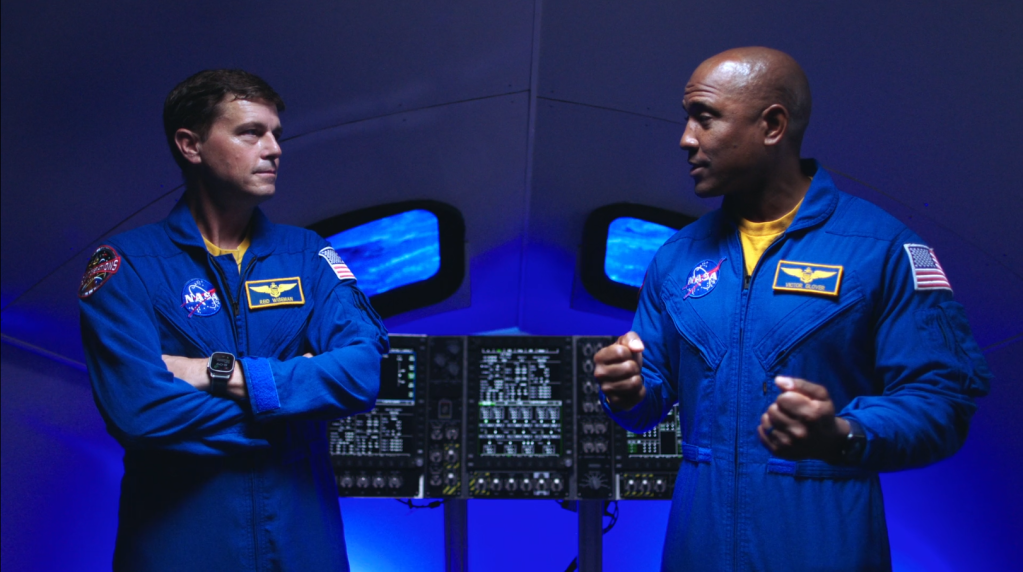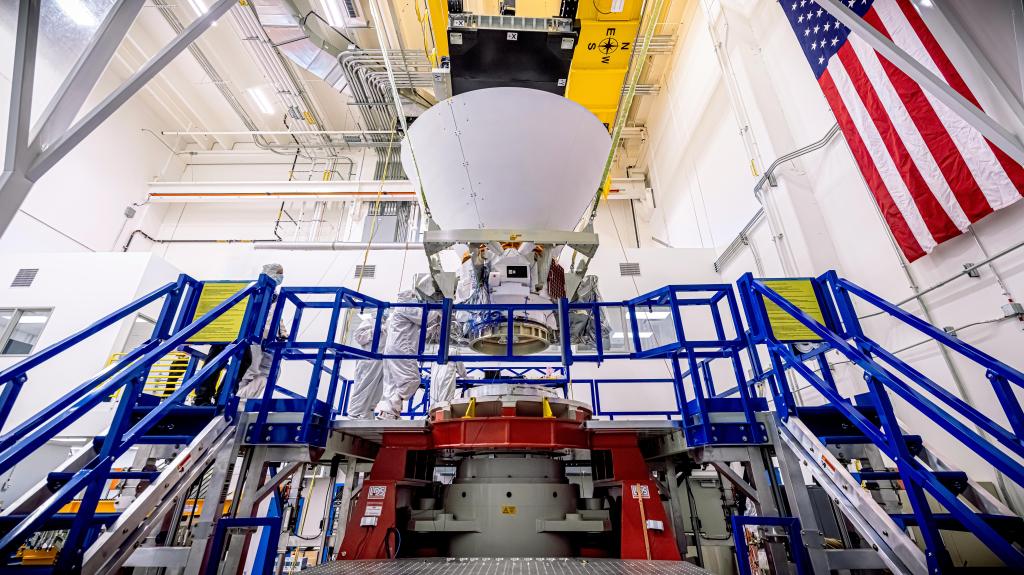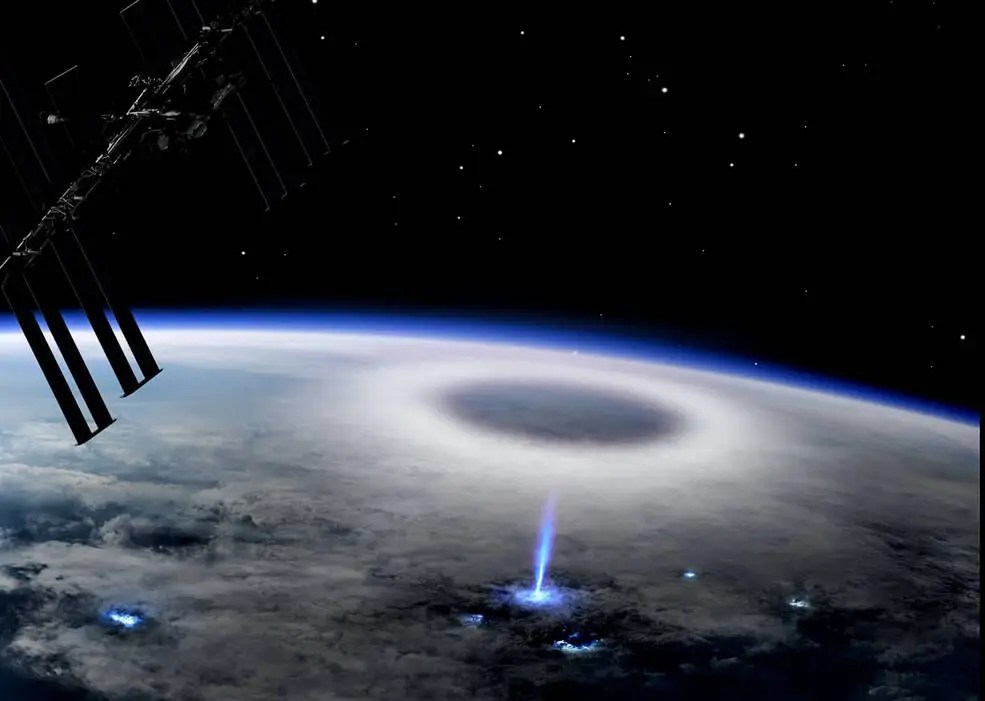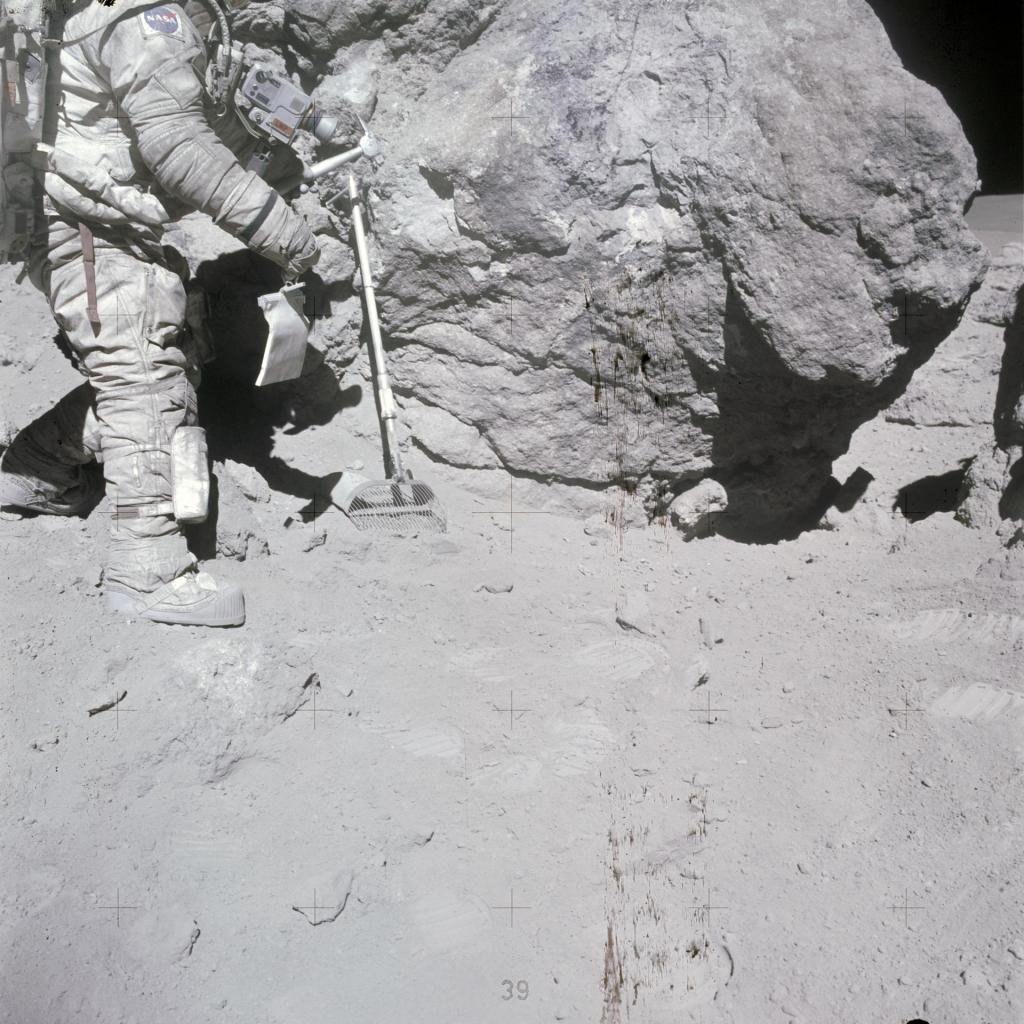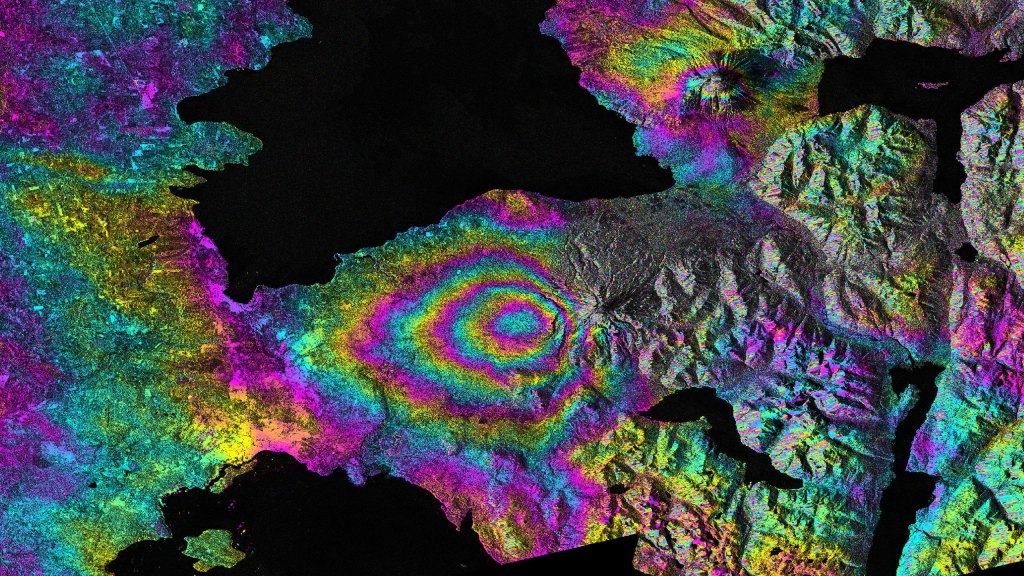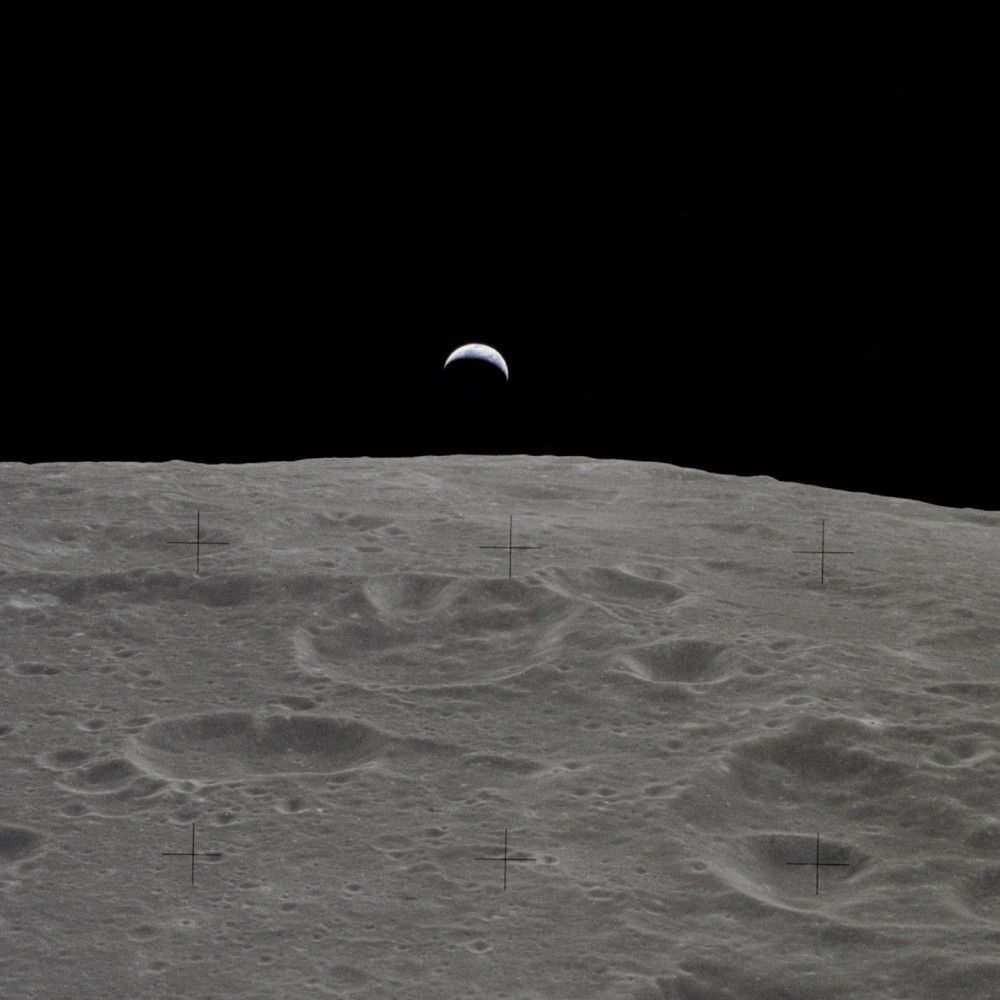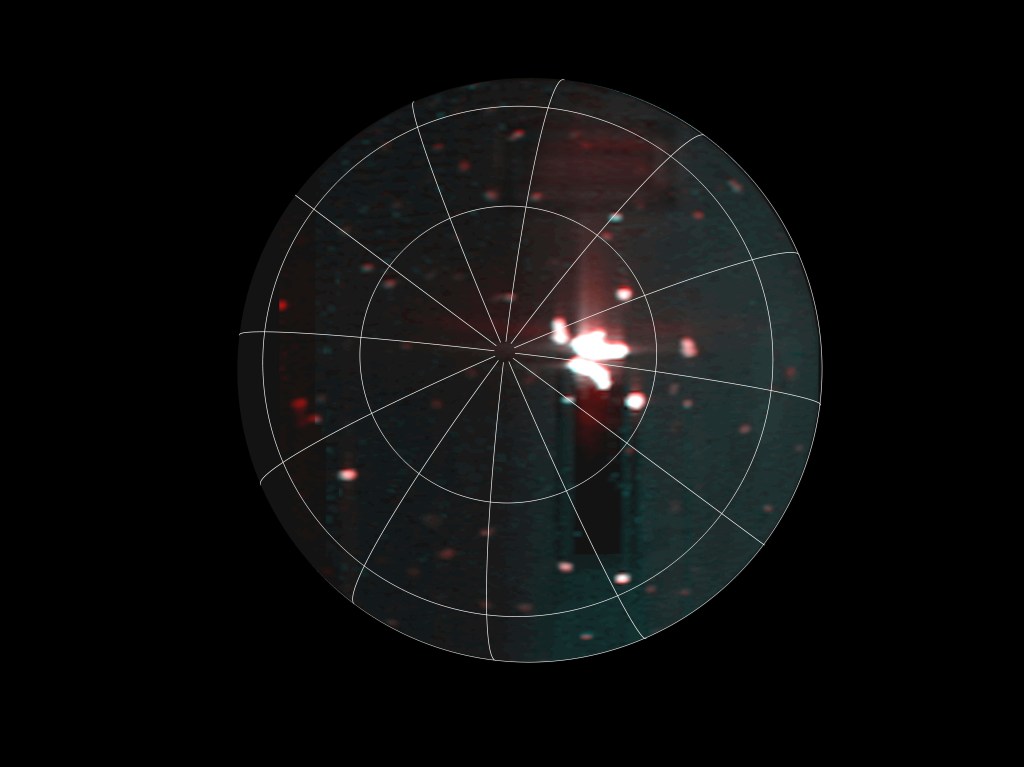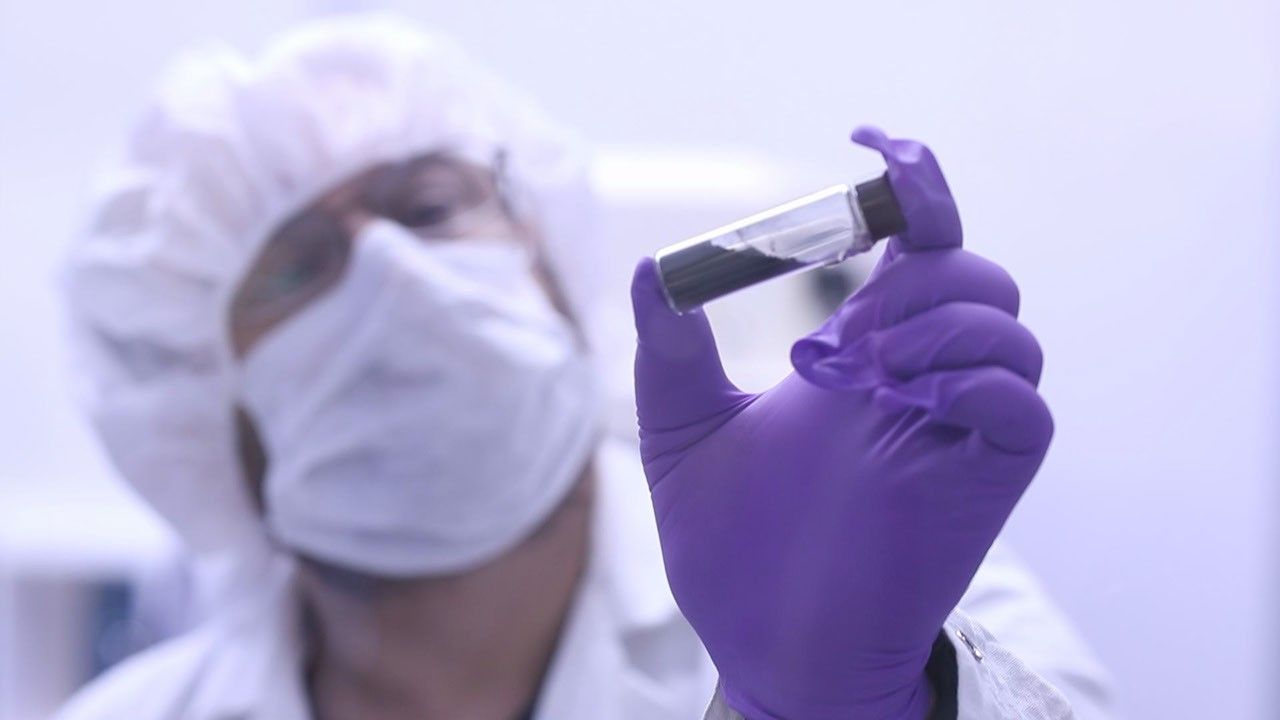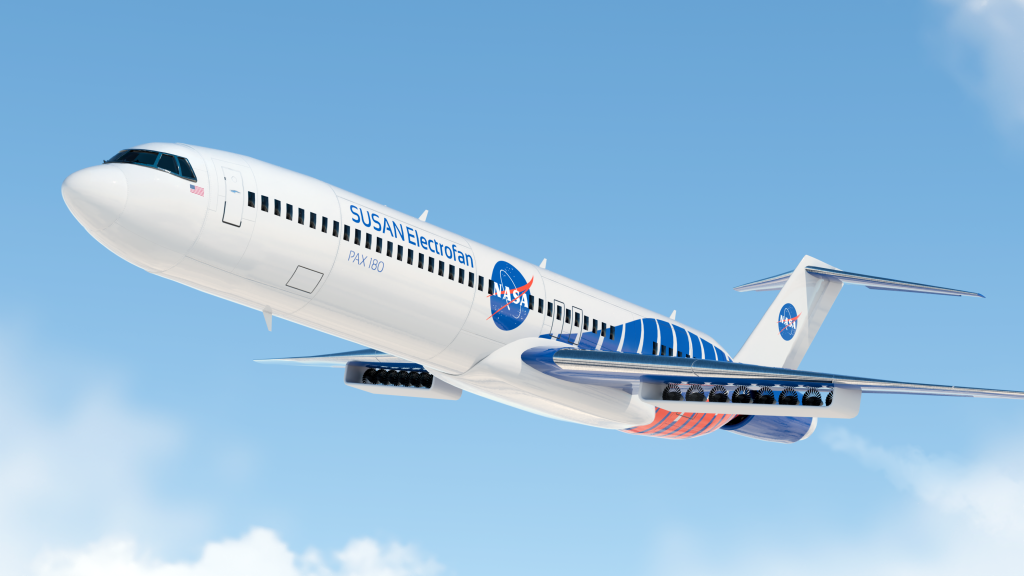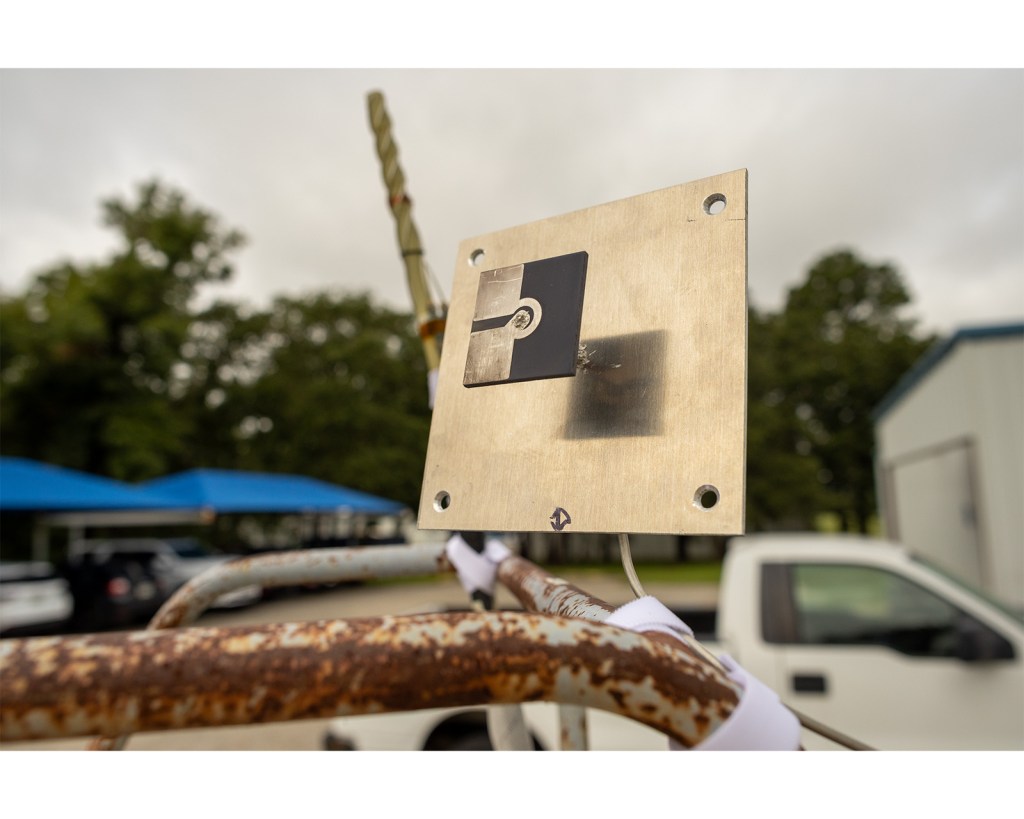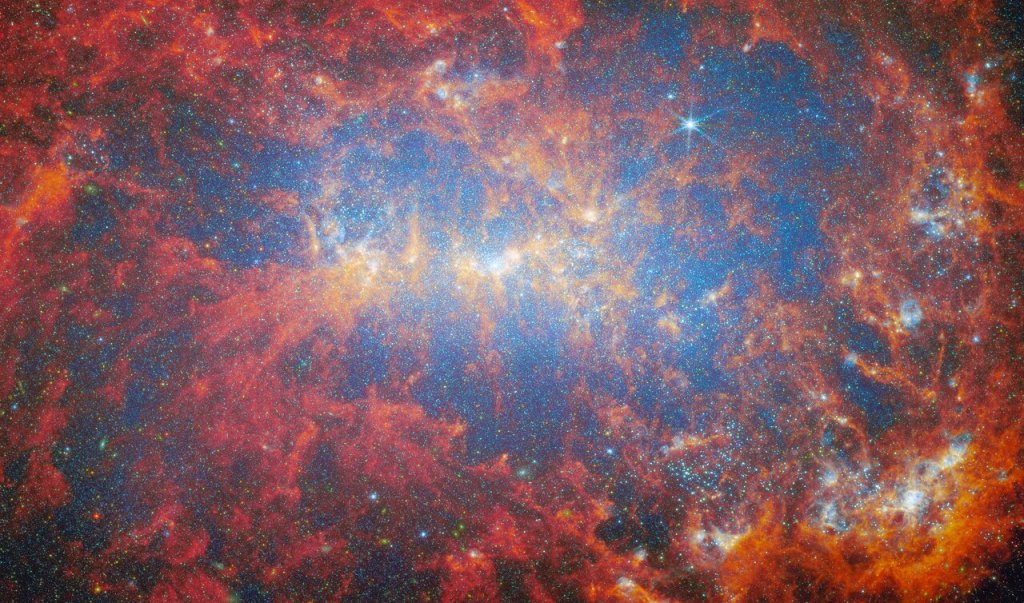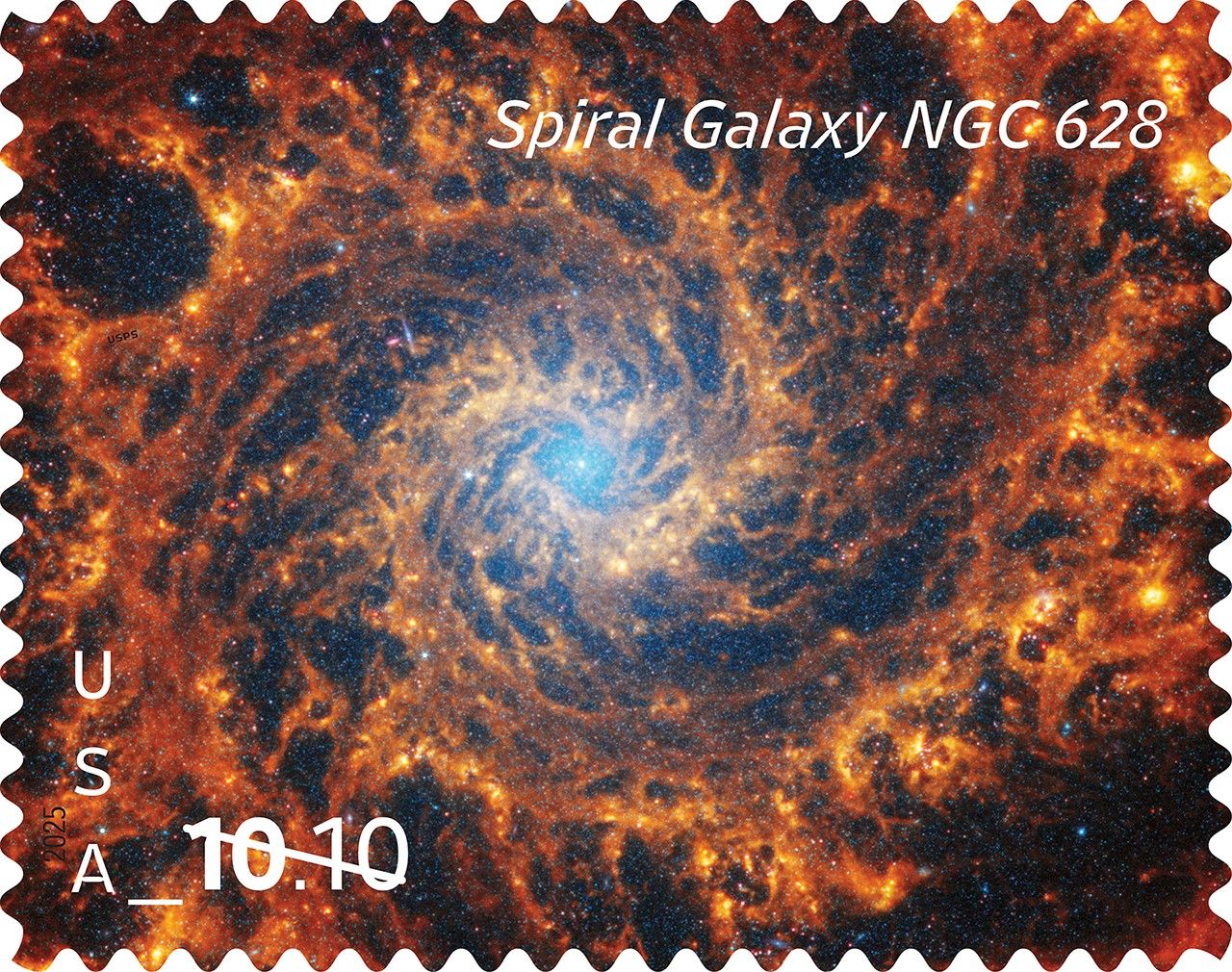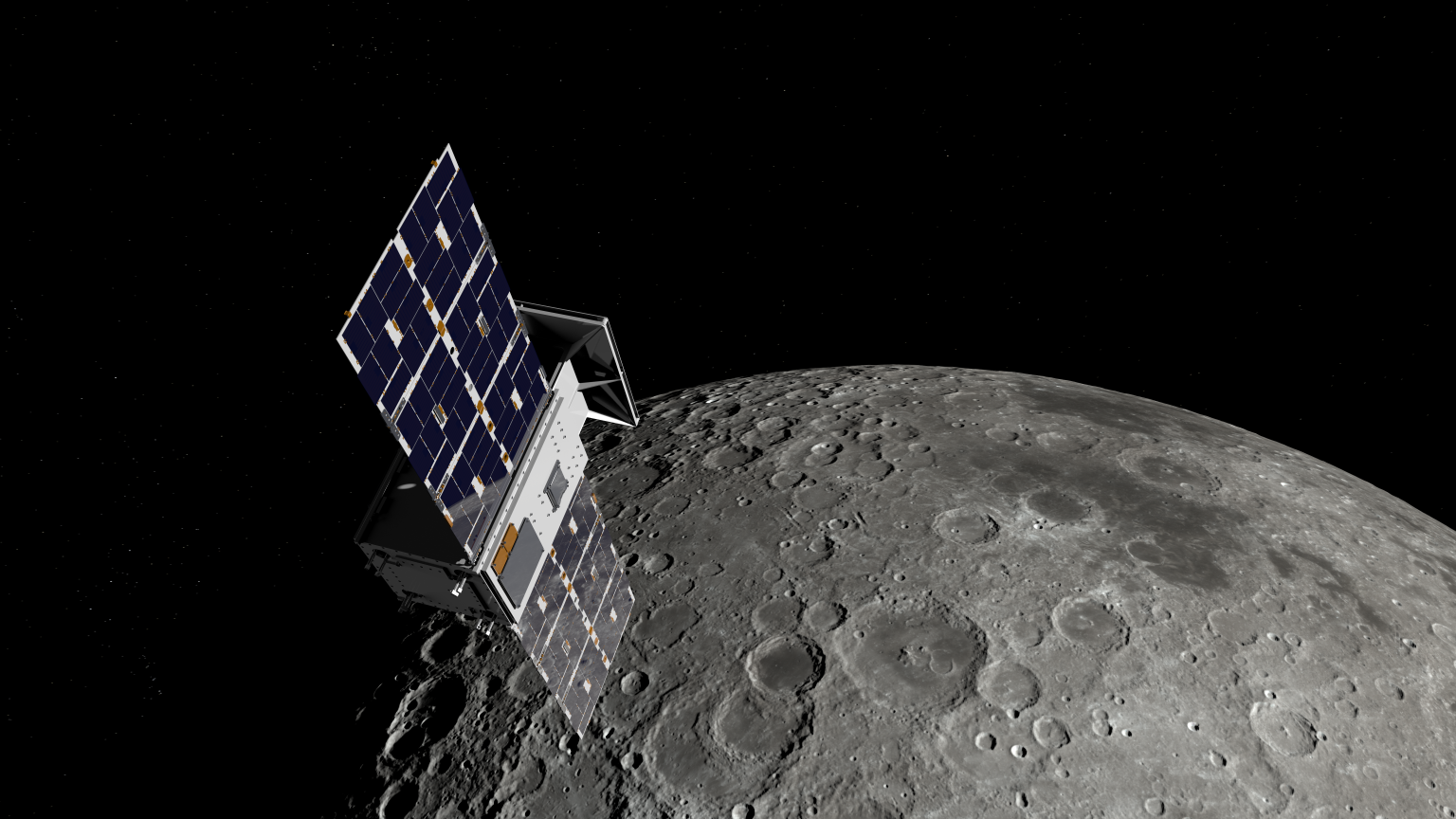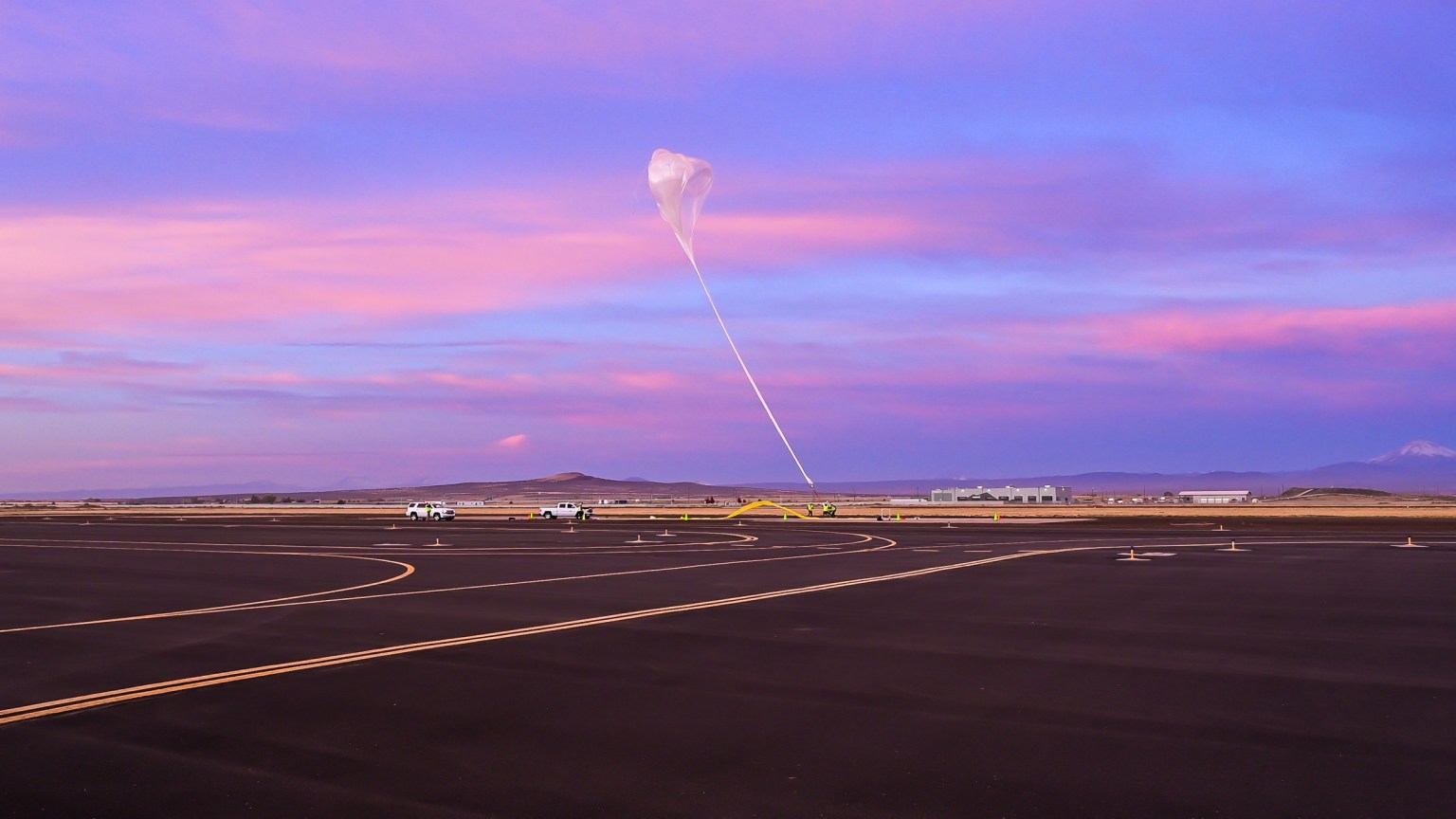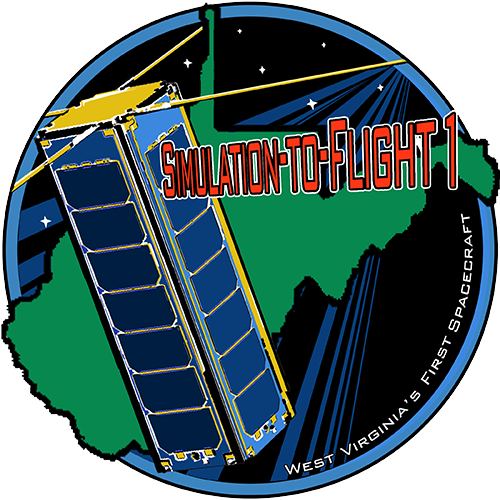Small Spacecraft Community of Practice
Subscribe to receive announcements for the Small Spacecraft Systems Virtual Institute’s (S3VI) monthly webinar series and quarterly newsletter here. We look forward to your participation!
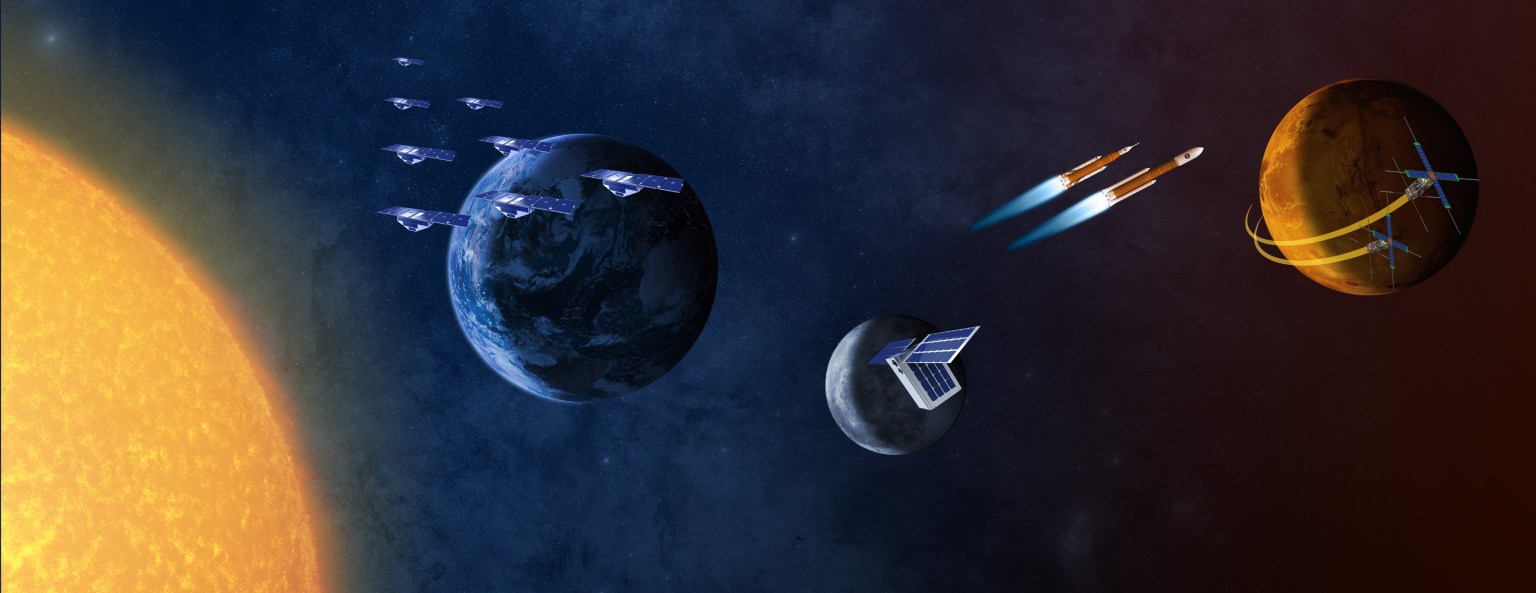
Integrated Microfluidic Bioanalytical Systems for CubeSats: Growing and Monitoring Microbial Cultures in Outer Space
Speakers:
Diana Ly, NASA Ames Research Center
Macarena Parra, NASA Ames Research Center
Tony Ricco, Stanford University
Wednesday, August 18, 2021
10:00AM-11:00AM Pacific Daylight Time
Click here to watch the webinar.
Click here to download the presentation.
Abstract: NASA Ames Research Center has developed a series of miniaturized bioanalytical cubesat payloads that integrate microfluidics and sensors to conduct autonomous life-science experiments in outer space. The technologies represented by several of the 5- to 14-kg “freeflyer” small-satellite missions are the basis of a growing suite of miniaturized biologically and chemically oriented payload systems now enabling a new generation of in-situ space science experiments aboard small satellites. Over the past decade, our missions have included studies in low Earth orbit of space-environment-related changes in gene expression, drug dose response, microbial longevity, the degradation of biomarker molecules, and the effects of microgravity on antibiotic resistance; an upcoming mission to interplanetary space will apply microbes as “biosentinels” to monitor radiation-induced DNA damage. The payload systems are also being adapted for science on the lunar surface through the Commercial Lunar Payload Services (CLPS) initiatives. The science, technology, and lessons learned of several of these missions will be highlighted.
Diana Ly is the Deputy Portfolio Manager of the Space Biology Portfolio and the Acting Deputy Chief of the Space Biosciences division at NASA’s Ames Research Center in California’s Silicon Valley. She is responsible for managing the cost, technical, schedule and risk of a portfolio that consists of over 70 active grants and payload development and operations for space biology experiments on the ISS and on other free-flyer platforms. She is also the Project Manager of the Bion-M2 project, an international collaboration with the Institute of Biomedical Problems (IBMP) in Moscow, Russia. Before joining NASA as a civil servant in 2017, she spent twelve years as a contractor performing a variety of science roles for the spaceflight nanosatellite missions and Shuttle payloads and operations roles for ISS payloads. She started at NASA as an intern on the Space Station Biological Research Project supporting testing of the incubator. Her passion and dedication to teamwork, innovation, and problem solving have earned her numerous awards, including the Space Flight Awareness Silver Snoopy award. In her free time, she enjoys traveling, learning about different culture and foods, and spending time with family.
Macarena Parra received her PhD in Molecular Biophysics and Biochemistry from Yale University. She has been working at Ames since 2002, starting out doing postdoctoral research in bone remodeling before moving to work with science payloads. She served as Project Scientist for a number of payloads flown on the Space Shuttle and ISS before working on SmallSats. She was Project Scientist for the GeneSat, PharmaSat, and EcAMSat spaceflight nanosatellite missions as well as advised on the O/OREOS and BioSentinel missions. Currently, she leads the Instrument and Engineering Technology R&D Technical Area in Code RE, a new group started to support search for life and bionanosat missions.
Tony Ricco received BS and PhD degrees in chemistry from UC Berkeley and MIT, respectively. He’s held positions at Sandia National Laboratories, the University of Heidelberg, ACLARA BioSciences, the Biomedical Diagnostics Institute (Dublin), Stanford University, and NASA Ames Research Center. His R&D experience includes chemical microsensors and microsystems; polymer microfluidic systems for biotech research and pathogen detection; point-of-care medical diagnostic devices; integrated autonomous bioanalytical systems for space biology and astrobiology studies aboard small satellites; and search-for life analytical payloads for missions to the icy worlds of the solar system.
At NASA/Ames, he served as project technologist for the GeneSat, PharmaSat, O/OREOS, EcAMSat and SporeSat spaceflight nanosatellite missions; instrument scientist and mission manager for the O/OREOS mission; and payload technologist for the BioSentinel deep space mission. He is PI of the NASA projects SPLIce: Sample Processor for Life on Icy Worlds and MICA: Microfluidic Icy-world Chemical Analyzer, and a member of the ESA Topical Team on Future Astrobiology Experiments in Earth Orbit and Beyond.
Tony is co-author of over 400 presentations, 250 publications, and 20 issued patents. He was an E.T.S. Walton Fellow (Science Foundation Ireland), is a Fellow of The Electrochemical Society and the American Institute for Medical and Biological Engineering, and serves as Vice President of the Transducer Research Foundation. He is presently an editor of Frontiers in Space Technologies and Nature Publishing Group’s Microgravity.

